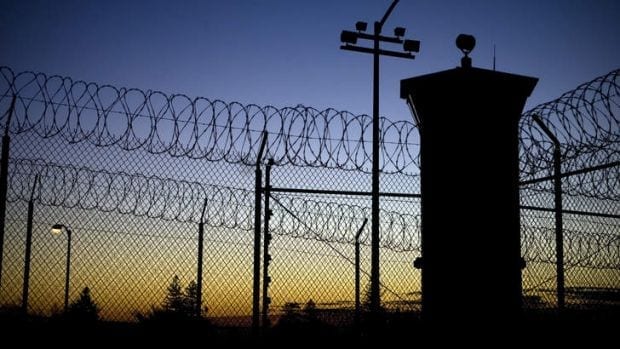The Trump Administration has officially said “no” to an Obama-era plan to phase out private prisons.
On Thursday, newly-appointed Attorney General Jeff Sessions sent out a memo rescinding the move. He opined that the order he was reversing had “changed the longstanding policy and practice, and impaired the Bureau’s ability to meet the future needs of the federal correctional facility.
“Therefore, I direct the Bureau [of Prisons] to return to its previous approach,” he wrote.
The Bureau of Prisons currently has twelve contracts with private prisons, housing a total of 21,000 inmates. Many detainees are illegal immigrants pending deportation.
Former Deputy Attorney General Sales Yates had written a memo in August to the Bureau of Prisons asking them not to renew any contracts with for-profit jails and detention centers. Several internal investigations and statistical analyses had shown that private prisons were more dangerous than those managed by the federal government.

Evidence and inmate counts show that Jeff Sessions memo must have been relying on “alternative facts.” The overall population of federal prisons has declined significantly over the course of the past several years. Part of the reason why Yates and the Obama administration had sought to phase out for-profit jails is because they had served a purpose but were no longer necessary.
Numerous legal hurdles had cropped up over the years. A common allegation is that having a financial stake in incarceration jeopardizes the impartiality of the judiciary.
The Hill quoted David C. Fahti, director of the National Prison Project, as saying, “handing control of prisons over to for-profit companies is a recipe for abuse and neglect.”
“The Memo from Attorney General Sessions ignores this fact. Additionally, this memo is a further sign that under President Trump and Attorney General Sessions, the United States may be headed for a new federal prison boom, fueled in part by criminal prosecutions of immigrants entering the country.”
Ironically, research has shown the benefits of private prisons may outweigh the risks. A study run by the University of Utah and replicated in several other states found for-profit facilities provided tiny savings over their government-managed counterparts. Incidences of physical abuse, assault on staff and inmates, and medical neglect were also higher in corporate jails than federal prisons.
After Donald Trump secured the Republican nomination and was cleared to enter the general election, he remarked how he was “all for” the corporatization of the penal system. The stocks for corporations like CoreCivic – formerly known as the Corrections Corporation of America – rose sharply after Hillary Clinton lost in November.
Sources
DOJ: Private prisons are more dangerous than government prisons — for inmates and guards
Is Donald Trump Private Prison Companies’ Last Hope?
Justice Department says it will end use of private prisons
Private Prisons Found to Offer Little in Savings
Prisons Run by C.E.O.s? Privatization Under Trump Could Carry a Heavy Price
Trump admin rescinds plan to reduce private prison use


Join the conversation!